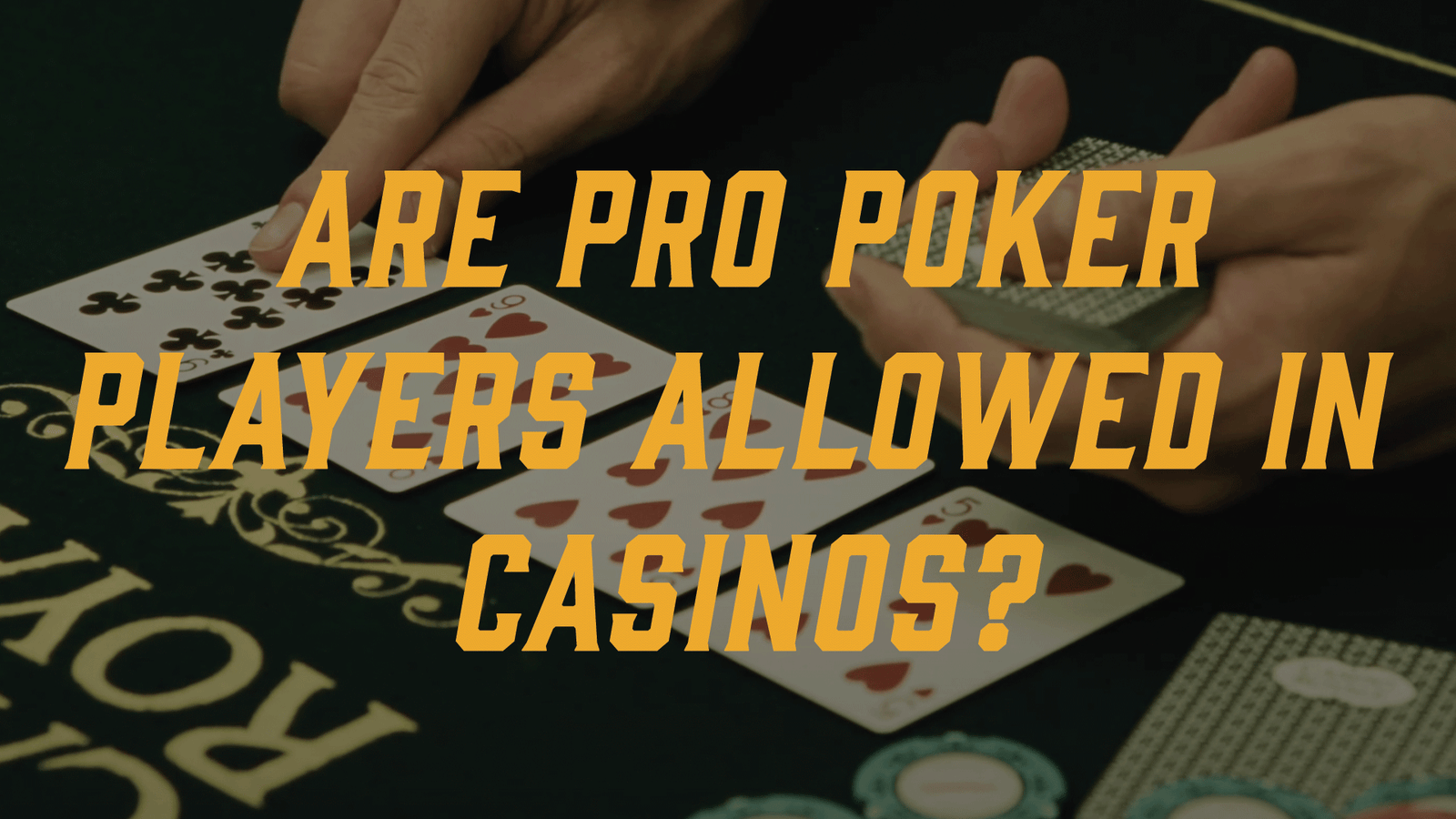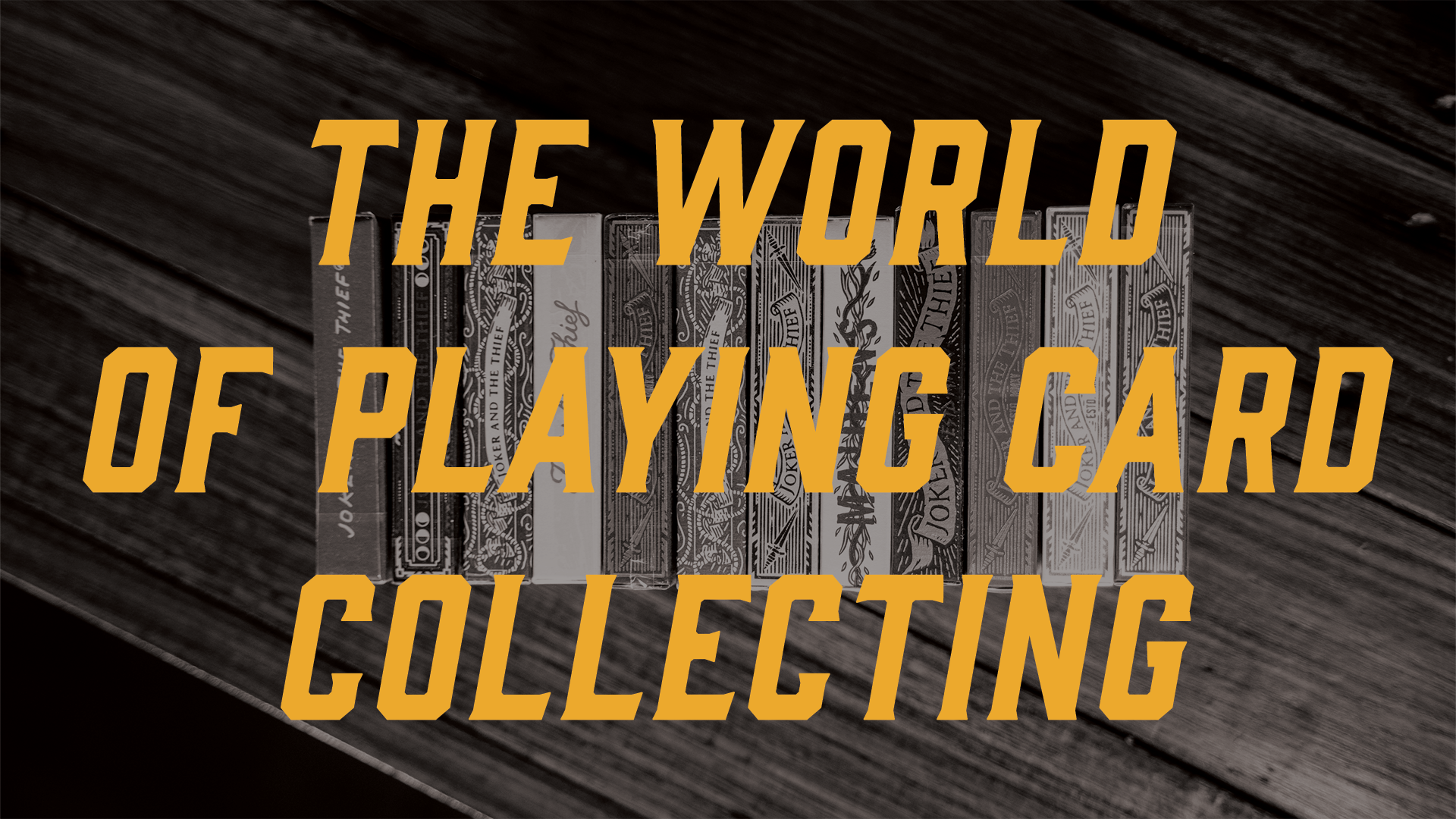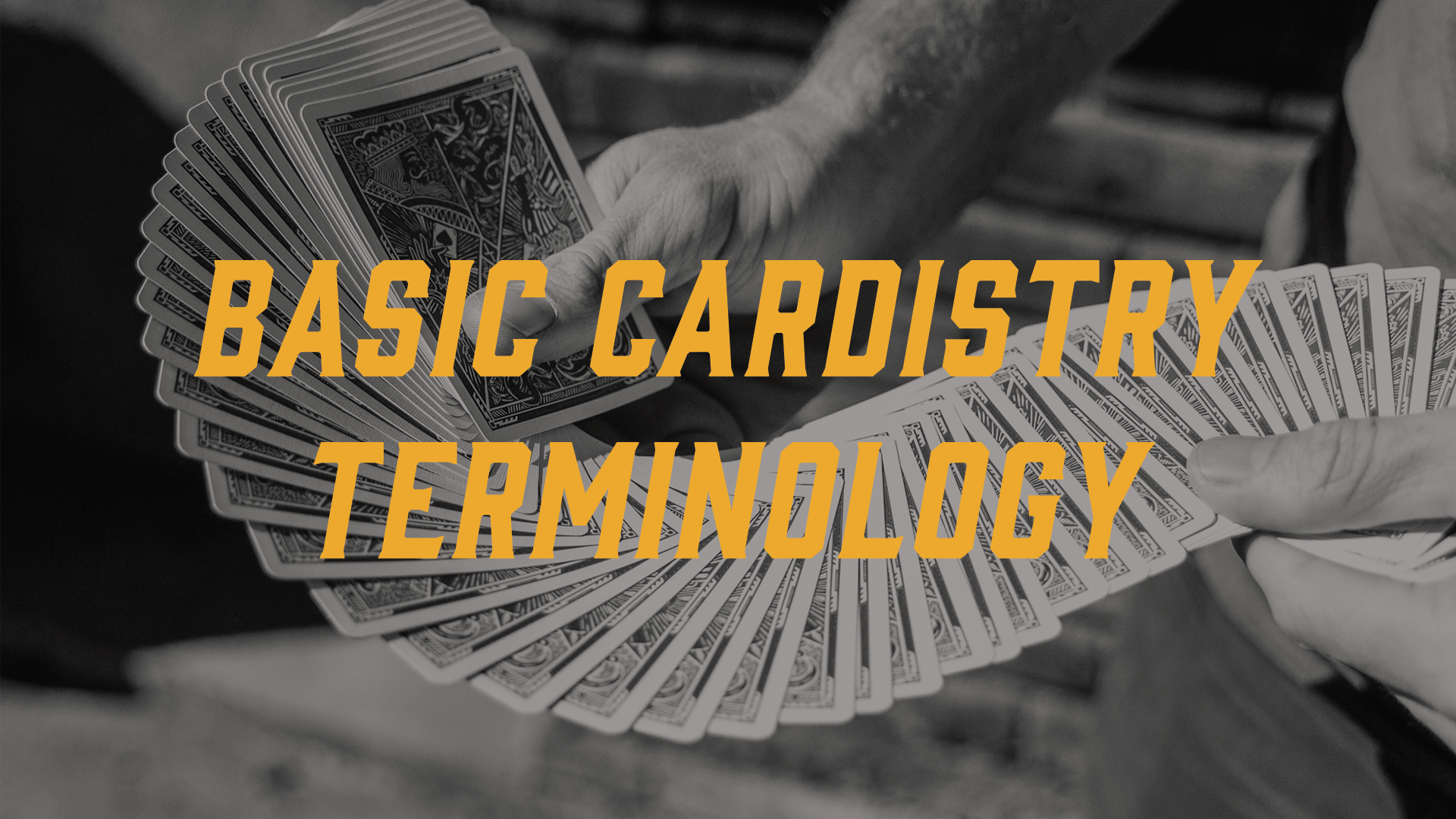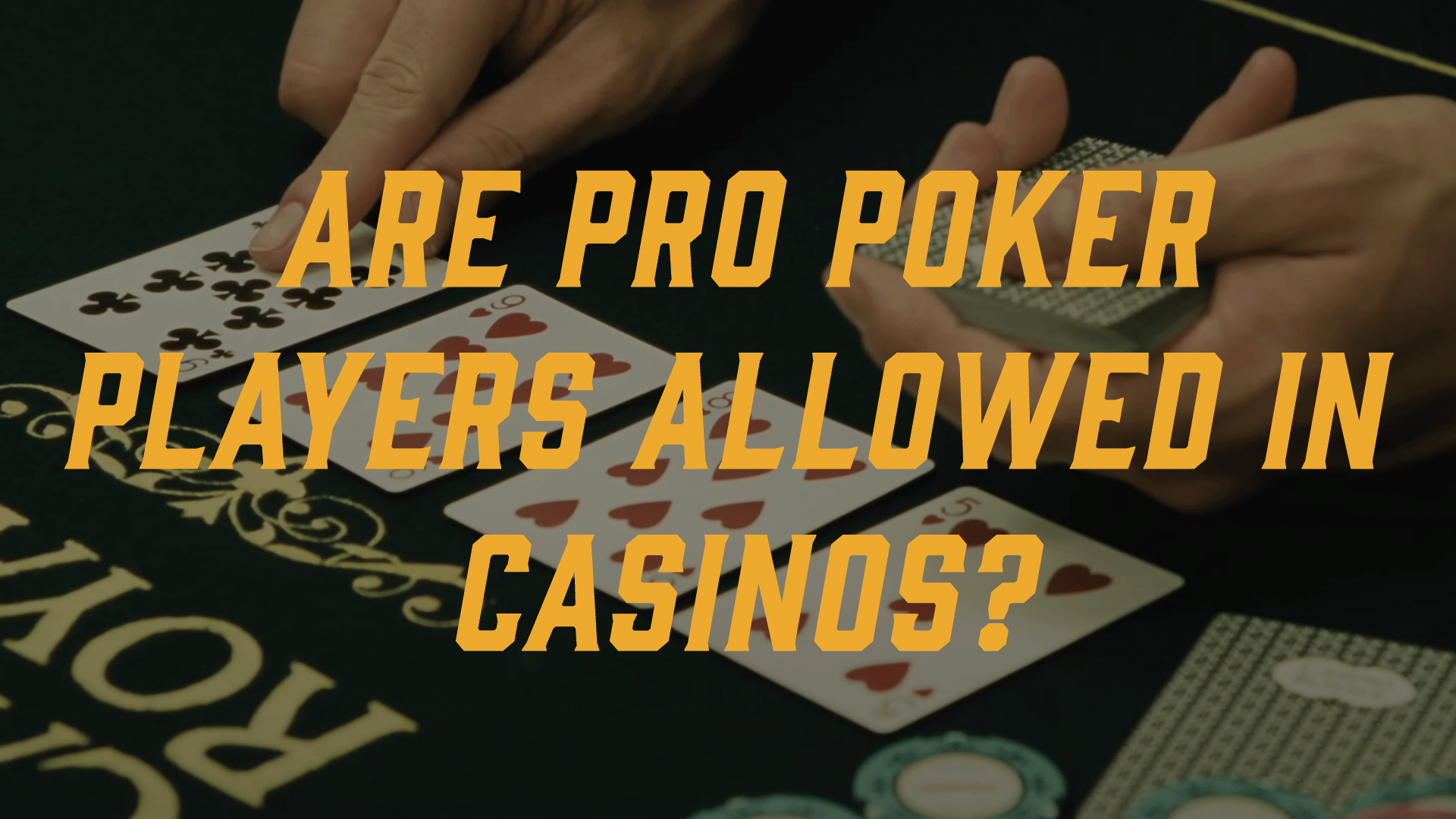Are Professional Poker Players Allowed In Casinos?

Are Professional Poker Players Allowed In Casinos? A question that is asked by many. If we think about it, why wouldn’t they be? Wouldn’t it be beneficial for the casino itself? I mean, a professional player walking inside a casino automatically reflects that legitimacy of the casino. Oh right, are you thinking that they will reduce the profit margin of the casino? Hmph. You’ve got a point! Let’s debate..
Well, to answer the question: Yes, they are indeed allowed to casinos and poker rooms.
However, there might be misconceptions surrounding their presence, the truth is that these experts contribute to the vibrant poker landscape without undermining the casino's profit margins.
Now that we know professional players are allowed in the casinos, let’s take this further and learn more about the world of professional poker players, examining their role within casinos, the distinction between skill and cheating, the dynamics of poker profitability, and the reasons that might lead to a professional player's ban.
Defining the Professional Poker Player

A clear-cut definition of a "professional poker player" is one that has achieved a certain level of skill and consistency in generating income from poker.
A semi-professional player garners additional earnings from poker, while a full-fledged professional relies primarily on poker as their income source.
Given the evolving landscape of poker and the increasing competence of players, a professional must display exceptional expertise to thrive in the competitive environment of modern poker.
Skill Versus Cheating: The Ethical Divide
Drawing a crucial distinction between skillful play and unethical behavior is imperative in understanding the casino's stance on professional poker players.
While any form of cheating, such as manipulating the house edge, is strictly prohibited and can result in a ban, demonstrating prowess and utilizing strategic advantage within the rules of the game is legitimate.
Professional players employ their honed skills to gain an edge over opponents, a practice that aligns with the game's fundamental objective: to win.
Enhancing the Player Experience
Contrary to misconceptions, professional poker players can enhance the casino experience for all participants. Playing against a skilled adversary provides a unique opportunity for novice players to learn and refine their own strategies.
Observing a professional player's decisions, moves, and tactics can be an enlightening experience, offering valuable insights that can be integrated into one's gameplay. In this way, professional players contribute positively to the poker community, fostering a culture of growth and improvement.
The Poker Paradox: Skill and Casino Profitability

Unlike traditional casino games where the house's profit is influenced by player outcomes, poker operates on a different paradigm. The expertise of a professional poker player does not significantly impact how casinos and card rooms generate revenue from poker.
In poker tournaments, participants pay a fee alongside their buy-in, ensuring a consistent revenue stream for the casino. Cash games, on the other hand, involve a rake—a nominal percentage of each pot that contributes to the casino's earnings.
As such, professional players do not jeopardize the casino's profitability; rather, they become integral contributors to the ecosystem.
Reasons for Professional Player Restrictions
While casinos generally welcome professional poker players, certain behaviors and actions can lead to restrictions or bans. These measures are not aimed at curbing skillful play but rather at maintaining a fair and respectful gaming environment for all participants. Examples of actions that might lead to bans include:
Soft Play:
Deliberately withholding aggressive betting to save an opponent's chips, disrupting the game's integrity and balance.
Cheating:

Engaging in activities such as stealing or concealing chips, revealing only one card, or attempting to view opponents' cards.
Angling:
Employing strategies that exploit ambiguities in the rules or exploit opponents' misunderstandings, often leading to disputes or conflicts.
Compliance Checks:
Casinos may perform income verification checks, particularly for large cash transactions, to ensure adherence to gambling regulations.
Dealer Abuse:

Disrespectful behavior or mistreatment of dealers, which undermines the gaming experience for all involved.
A Case Study: William Kassouf's Ban
The case of professional poker player William Kassouf exemplifies how violations of casino rules can result in restrictions. Kassouf, known for his charismatic antics at the poker table, was banned from all UK Grosvenor casinos following an incident involving roulette.
In an ill-conceived move, Kassouf attempted to appropriate chips that were not rightfully his, resulting in his banishment from the casinos. This example underscores the importance of upholding rules and decorum within the gaming environment, irrespective of a player's professional status.

The Bottomline
Professional poker players are indeed welcome in casinos and poker rooms, contributing to the richness of the poker experience. Their presence enhances the learning curve for novices and bolsters the overall skill level of the poker community. The distinction between skilful play and cheating is paramount, as professional players employ legitimate strategies to gain an edge.
The profitability of casinos in poker games remains intact, as professionals play within the established framework of fees and rakes. Ultimately, a professional poker player's ban is typically a consequence of violating established rules or etiquette, rather than an indictment of their skillful play. Through adherence to regulations and fostering a respectful gaming atmosphere, professional poker players can continue to enrich the poker landscape within casinos.







Leave a comment